Symposium between Brazil and Germany Discusses the ABR Program
Calendar and Events |
Last Saturday (9), responsible cotton production in Brazil was one of the topics discussed at this year’s edition of the Brazil-Germany Frontiers of Science and Technology Symposium (BRAGFOST). The binational event is promoted in partnership between the Coordination for the Improvement of Higher Education Personnel (CAPES) and the Alexander von Humboldt Foundation.
With the theme “Entering a Sustainable Future,” the symposium brought together around 60 Brazilian and German scientists and researchers in Piracicaba, São Paulo. The significant commitment of Brazilian cotton producers to socio-environmental certification was highlighted as a success story by the Brazilian Cotton Growers Association (Abrapa).
For the 2023/24 cycle, Brazil expects 82.5% of its cotton crop to be certified under the “Responsible Brazilian Cotton” (ABR) program—a volume equivalent to 3 million tons. The ABR program is Brazil’s socio-environmental certification standard, coordinated by Abrapa.
The presentation was led by Fernando Rati, who manages the Cotton Brazil project, a global promotion initiative of Abrapa.
“We provided an overview of how the ABR program works and highlighted how sustainability is integrated into various stages of our production chain. One example is the complete traceability of certified cotton, which stands as a global differentiator,” noted Rati.
The partnership between the Brazilian and German scientific communities began in 2003. Each year, the binational symposium alternates between the two countries with the aim of fostering knowledge exchange across various fields of science and engineering. These meetings create opportunities for cooperation between the nations, supported and funded by the Alexander von Humboldt Foundation.
